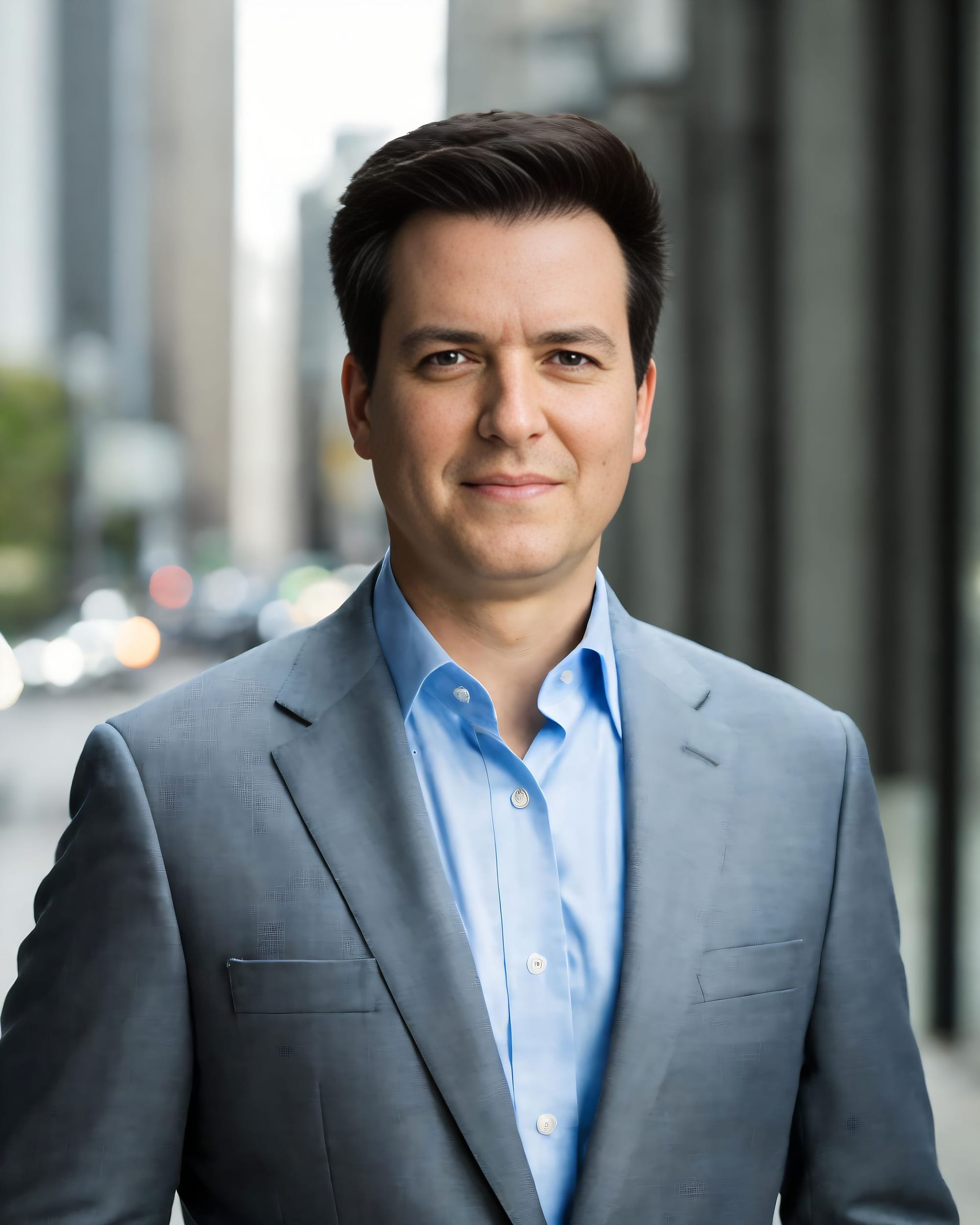We’re pulling the lens back — not on strategy or tools, but on the people who make it happen.
There’s never been a more exciting — or more confusing — time to work in audience development.
So what does the modern audience development career really look like in 2025?
Let’s break it down.
🧠 A Hybrid of Skills — Not a Single Discipline
The best audience pros today aren’t just marketers.
They’re researchers, technologists, content strategists, data analysts, and community builders.
They need fluency in:
- CRM and ESP tools
- Analytics platforms
- Lifecycle strategy and segmentation
- SEO, email, social, and referral marketing
- Behavioral triggers, re-engagement journeys, and activation flows
- Copywriting that converts and editorial that resonates
“Audience development is no longer about bringing people in. It’s about what happens once they arrive — and what keeps them coming back.”
This cross-functional versatility is what makes the role strategic. But it also creates tension — because few orgs structure for it properly.
📍 The Shifting Org Chart
Audience professionals often sit between teams:
- They support editorial, but don’t report to it.
- They fuel marketing, but often lack final say.
- They help sales by growing reach — but without revenue attribution.
What’s changing:
- More C-level and VPs of Audience are being hired, and getting a real seat at the table
- Audience dev is becoming its own department, not just a shared function
- Teams are adopting product-led structures: pods with data + creative + ops
Still needed:
- Clear ownership of KPIs
- Budget autonomy for testing and innovation
- A direct line to leadership to advocate for the audience POV
📈 Evolving Metrics and Career Paths
Gone are the days when “email list size” was the goal.
Modern KPIs include:
- Subscriber LTV
- Churn rate by segment
- Recirculation and return visit metrics
- CAC payback period by channel
- Engagement score trends over time
And modern career ladders look like:
- Audience Coordinator → Growth Manager → Lifecycle Lead → VP Audience
- Email Marketing Specialist → CRM Strategist → Director of Retention
- Social Manager → Community Builder → Director of Audience & Engagement
This isn’t just execution anymore. It’s orchestration.
💡 Career Traits of Top Audience Leaders
What sets the best apart?
- Systems Thinking — They don’t chase tactics. They build connected ecosystems.
- User Obsession — They constantly ask, “What does the audience need from us now?”
- Creative Intelligence — They turn insights into ideas. They make data sing.
- Cross-Functional Influence — They lead without formal authority — and get buy-in anyway.
- Comfort With Change — Algorithms shift. Tech evolves. They evolve faster.
If you’re hiring, these are the traits to prioritize.
If you’re growing in your own role, these are the muscles to strengthen.
Final Thought: This Is Just the Beginning
Audience development used to be about filling the funnel.
Now, it’s about owning the journey — and shaping the strategy.
If you’re in audience development today, you’re not “just” a marketer or ops person.
You’re a translator of behavior, a connector of dots, and a builder of trust.
The future of media belongs to people who can listen, segment, engage, and deliver — at scale and with heart.
That’s the work. And that’s the opportunity.
✉️ Forward this to someone considering a career in audience. Or reply and tell me: What’s been the biggest shift in your audience role over the past year?

